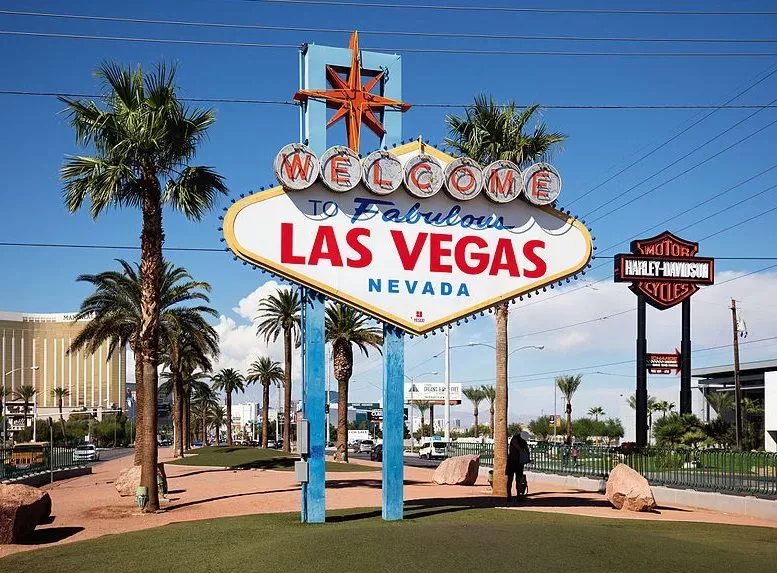In a post on FiveThirtyEight yesterday, noted political pundit1 and Sabrematrician Nate Silver posited that “Las Vegas Is A a Terrible Place For An NHL Team” based upon his robust analysis….
Built upon Google searching habits.
That’s right. One of the most respected data analysts in the blogosphere simplified a metric of “fans in a given metro area” to “number of people who Googled ‘NHL’ in a particular city” and applying the ratios given as a proxy for number of fans. He links to an article that gives us this less than helpful table:

Wow, look at that! Exact numbers of fans for cities like Saskatoon and Sudbury-Thunder Bay!
It’s a pretty chart, but it’s mostly pretty worthless. Silver makes a bunch of assumptions that are patently untrue.
Assumption one: It’s good business to sell hockey to people already consuming hockey. Silver in the two articles linked above mentions that Canada ought to have upwards of 12-14 teams based upon fandom. That the NHL should be placing teams in markets A THIRD OF THE SIZE OF WINNIPEG in lieu of placing them in one of the tourist meccas of America. This feeds nicely into assumption two:
Assumption two: Adding an NHL franchise to a city is zero sum for fans, and no new fandom is stimulated. This is clearly wrong, as the Dallas Stars, Tampa Bay Lightning, and even the less successful “warm weather markets” can attest, having an NHL team in a city is going to actually grow the fan base, adding to the overall pot of NHL fans. As that builds, the ever-so-important television revenues will grow with them. Throwing a team in Haifax splits the television pie while preventing it from getting larger.
Assumption three: Las Vegas is unable to support a professional sports team. Silver cites attendance for minor league hockey and baseball, a sport played outside in Las Vegas’ brutal summers, as reason that Las Vegas will be unable to support an NHL team. What Silver misses is that the Las Vegas team will not be built on home fans. It’s clear from the demographic data he presents. However, why wouldn’t the arena be full when Vegas has a steady, heavily rotating group of clientele, from vacationers to convention-goers, not to mention away fans looking for some warm weather and a party? As any Coyotes fan who has been to a game against Detroit or Chicago in February, hockey fans are happy to make a weekend out of an away game. It may not make the place intimidating, but tickets sold to away fans generate just as much revenue as those sold to home fans.
On top of this, Las Vegas is not podunk. Las Vegas is home to seven Fortune 1000 companies, which puts it tied with Tampa Bay, and above Raleigh and Buffalo at the bottom of the league. However, the ace in the hole2 is that the casino industry and their gratuitous use of comps to their loyal players will give the casinos incentive to purchase blocks of tickets.
Assumption four: There are other cities willing to pony up the $500 million expansion fee (or: the expansion fee is inconsequential). Silver ignores that in the recent request for proposals, the NHL received exactly two: one from Las Vegas, the other from Quebec City. A $500 million contribution equals that of the entire Canadian national television contract for one year. That is a significant influx of cash that teams in Halifax, Thunder Bay, or Moncton would be able to afford. Additionally, by keeping the entrance fee high, the NHL inflates the value of the other franchises in the league, a move that many of the owners will support.
In short, while it may not appear to be the best move for the league from a fan standpoint, the planned NHL expansion into Las Vegas will be a good move from a business standpoint. With support from the casinos, neutral spectators who want a family friendly event while in Vegas, to away fans, T-Mobile Arena may not lead the league in attendance every year, but I suspect it will rarely be empty.
- err, persistence forecaster who has gotten lucky in a stable political climate
- Sorry…

